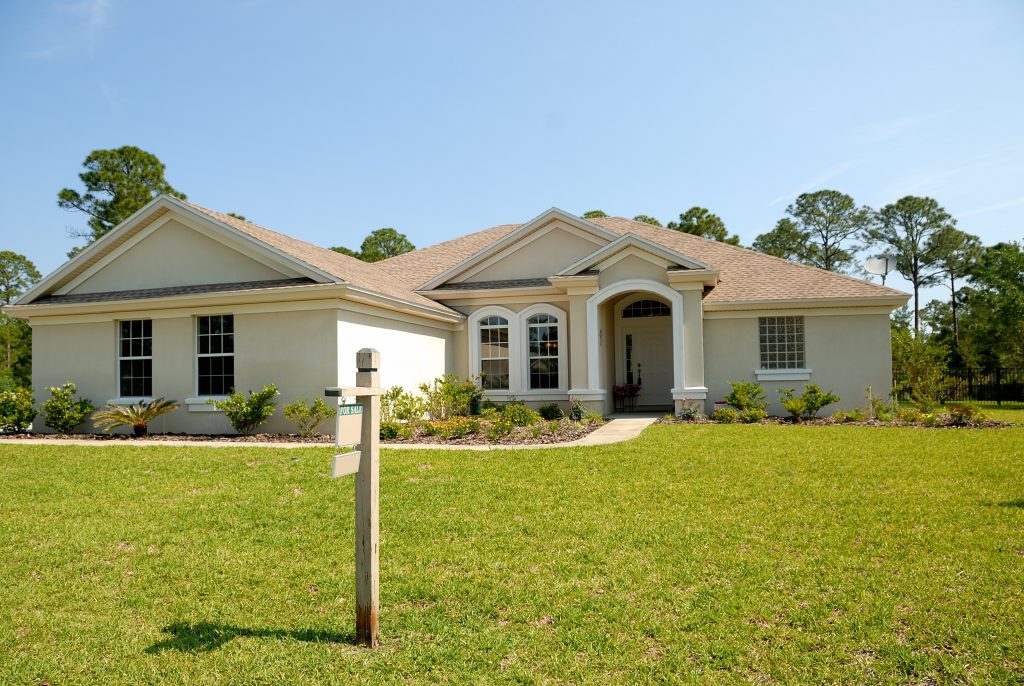
Most individuals are aware of the tax benefits of selling a principal residence. Section 121 of the IRS code allows for the exclusion of up to $500,000 (for those filing married filing jointly) of the profit from the sale if the property was used for at least two in five years as a principal residence. Also tax-deductible are the property taxes and interest paid on the residence. In this blog, however, the focus will be on the sale of rental property, which will be more complex and unknown than the sale of a principal residence.
Rental property held in excess of a year and sold for a profit
When you own a rental property for more than a year and sell it for a profit, your profit is taxed at two distinct tax rates. Firstly, your earnings will be taxed at a typical income tax rate of up to 25% to reimburse any depreciation expenses that the residence has incurred; the rest will be taxed at a lower tax rate equivalent to long term capital gains tax rates. As an example, let’s say 10 years ago, you purchased your rental property for $200,000 paid a depreciation expense of $50,000, which leaves you with a basis of $150,000 in the property ($200,000 – $50,000). If this property is sold for $250,000, then you have $100,000 ($250,000 – $150,000) in total profit. Of the $100,000 profit, the first $50,000 would be taxed at an income tax rate of 25%, and the other $50,000 would be taxed at a rate of 15% for long term capital gains.
Rental property that has been held for over a year, but sold for a loss
Don’t get too upset if you sold your rental property for a loss, as it is not unusual nowadays. In contrast to a loss of capital that only allows a deduction of $3,000 on your ordinary earnings, if you had a rental property for more than one year and sold it with a loss, you could deduct all of your loss from your ordinary income and that would lower your tax liabilities and possibly get you a larger refund. But here’s the best part, if your loss is large enough to reduce the current year’s income to zero, you could carry back your loss for two years and obtain the refunds for both years. If, after you carry back your loss for 2 years and you still have a loss from the sale, you carry that loss for up to 20 years in the future, which could significantly reduce the taxable income for years to come.
Principal residence turned into a rental property and sold for a loss
It is very common for homeowners to attempt to sell their principal residence to give up after a long time of no sale. Instead, they decide to rent the property and wonder whether they could deduct their loss if they sold the property as a rental below the price that the house was purchased for. A loss from the sale of a principal property is generally not tax-deductible; however, once established as a rental property and the houses’ value is further decreased, the loss may be deductible when the property is sold. For instance, if you bought your principal residence at $600,000 in 2015, but in 2017, after several failed attempts to sell it, you chose to transform the property for rental. Your property’s basis is assessed based upon the lower costs – or the fair market value at the time of conversion – meaning that if the market value has depreciated from $600,000 to $500,00, the basis is now $500,000. Suppose that you sold your home for $450,000, and between 2017 and 2018, you had $10,000 worth of depreciation expenses. Your loss would be calculated to $40,000 ($500,000 -$450,000 -$10,000).
Rental estate converted into a principal residence and sold for a profit
This is the reverse situation of the one prior. If you have a good deal of appreciation for your rental property, there is a big tax advantage to convert it into your principal residence and sell it for the $500,000 exclusion as explained above. However, conditions and limitations need to be considered carefully. As stated earlier, you must recapture depreciation expense over the previous years as an ordinary income taxable at a maximum of 25 percent. The rest of the profits would be treated as long-term capital gains but, up to $500,000 (if married filing jointly) would be exempt under section 121 of the IRS code if the property was used for at least 5 years as the principal residence or if it allocated gains between qualified and non-qualified use In accordance with Section 121, the unqualified use portion of the profit is not excluded.

